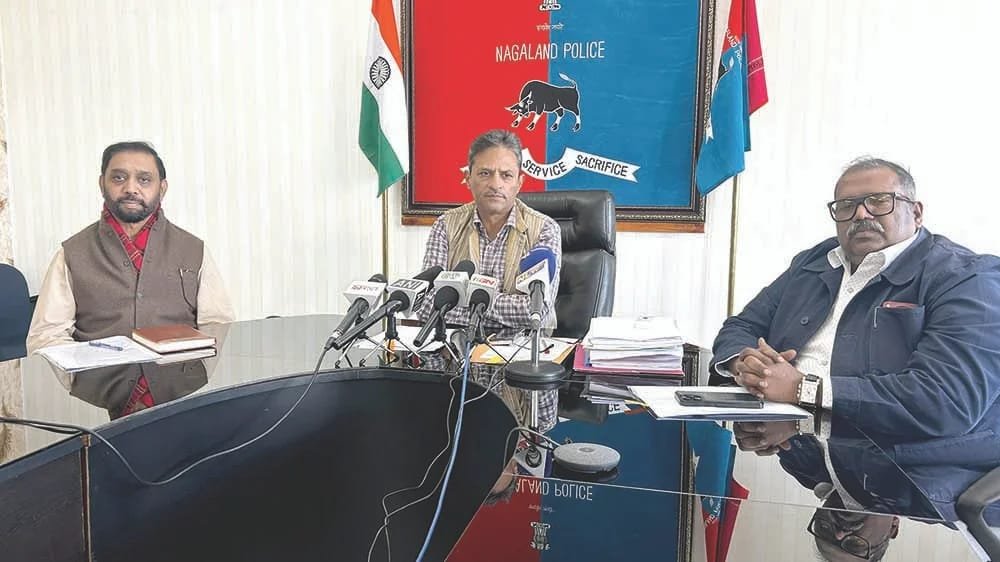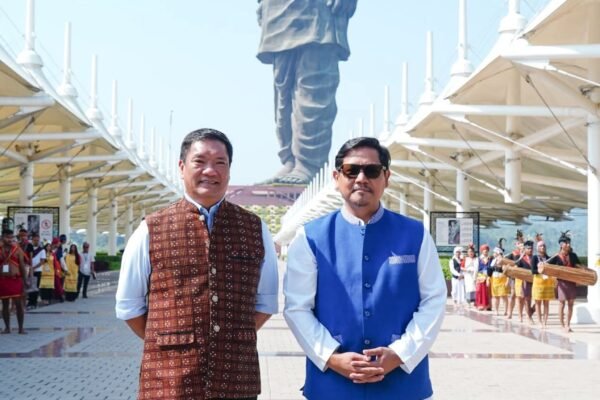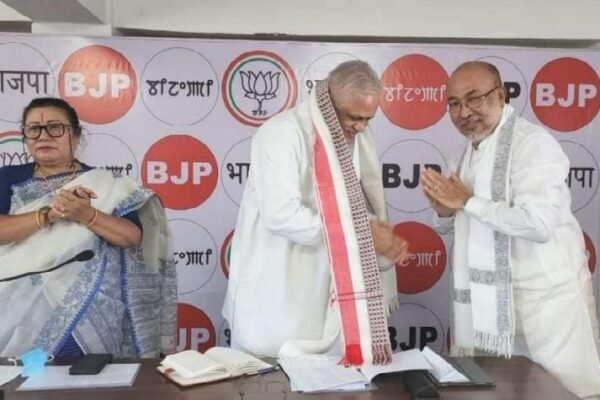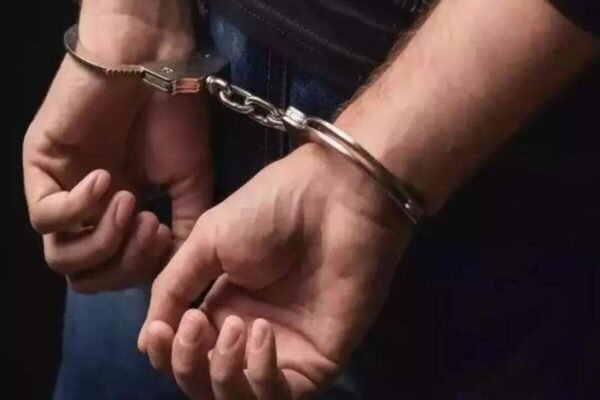Kohima, Nov 12: Nagaland will host a two-day Regional Anti-Narcotics Task Force Conference for all Northeastern states and West Bengal on November 13 and 14 at Chumoukedima, Director General of Police Rupin Sharma announced on Tuesday.
Organised in coordination with the Narcotics Control Bureau (NCB), the conference aims to address the challenges of narcotics trafficking in and from the Northeast and develop strategies for stronger inter-state cooperation and effective enforcement. Senior officials from the central government are expected to attend the event.
Sharma said the conference will be the first regional meeting under the national ‘Nasha Mukt Bharat’ mission, focusing on supply reduction, enforcement, rehabilitation, and de-addiction measures.
Speaking on the ongoing police recruitment process, the DGP informed that the last date for online application submission has been extended by 15 days from November 7 to accommodate candidates facing delays in obtaining documents such as indigenous certificates. He clarified that while registration on the recruitment portal is free and valid for future drives, applicants must pay a Rs 300 examination fee.
Addressing concerns over the fee, Sharma explained that the portal development cost nearly Rs 40 lakh, with additional expenses for SMS alerts, OTP services, and the three-tier selection process. He said the department is not seeking profit but cutting costs through in-house production of badges and other materials, which also help reduce travel and lodging expenses for candidates.
On forensic infrastructure, Sharma stated that the Dimapur-based forensic laboratory currently handles around 1,200 to 1,300 cases annually. Proposals have been sent to the state government to improve district-level response and ensure quicker deployment of forensic teams as required under the new criminal laws.
Additional Director General of Police (Law and Order) Sandeep Tamgadge added that the government has approved mobile forensic vans for all districts, with work orders already issued, and is creating new posts for scientific staff to enhance forensic capacity.
“The way forward is not just creating new labs but decentralising resources and improving mobility to ensure faster forensic response at crime scenes,” Sharma said.









